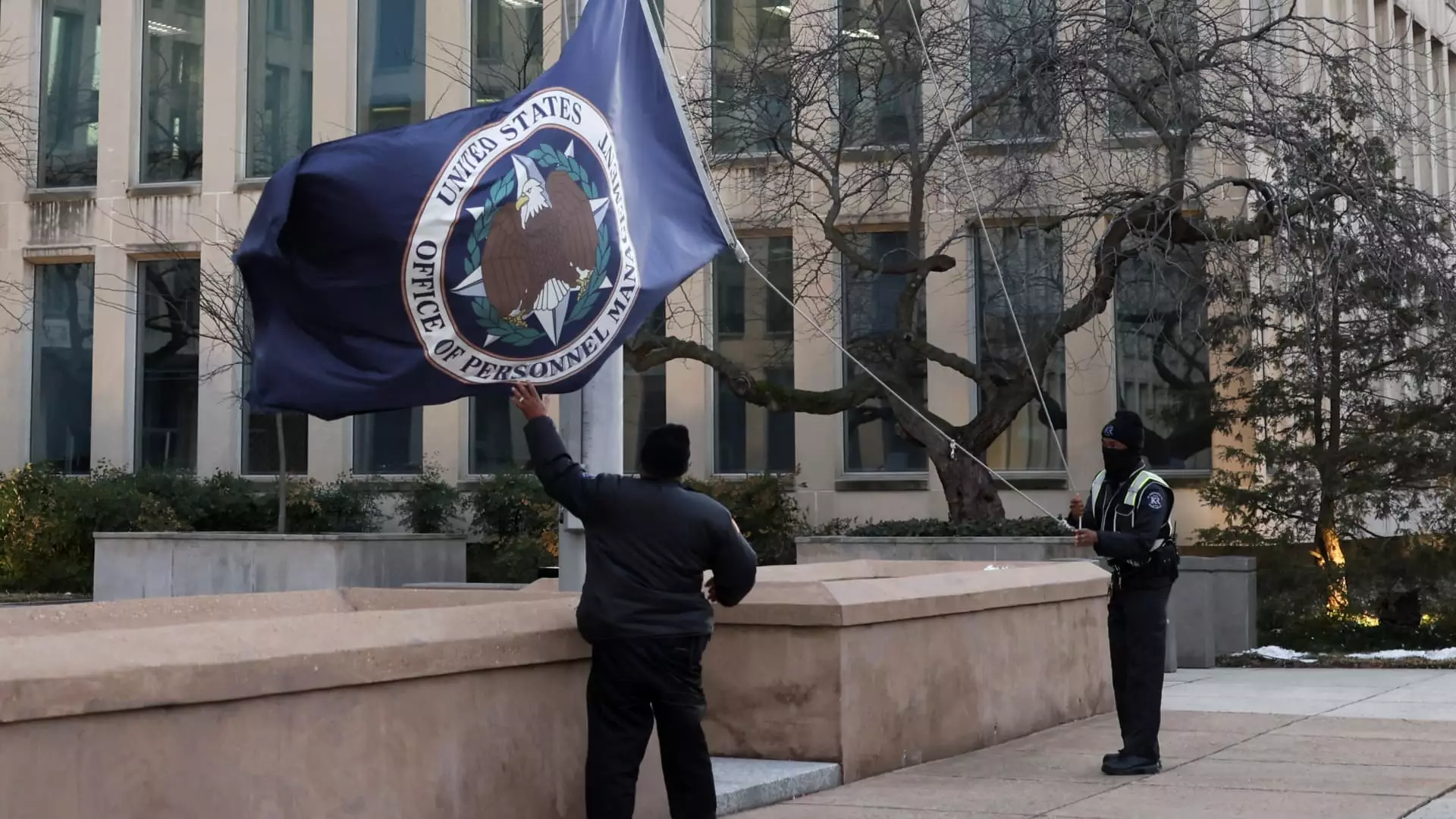In a groundbreaking ruling, a federal judge has challenged the authority of the Office of Personnel Management (OPM) over federal employment practices, particularly concerning the termination of probationary employees. On a recent Thursday, Judge William Alsup of the Northern District of California deemed a series of guidance from OPM as “illegal,” compelling the agency to retract its instructions that aimed to hastily assess the retention of civil servants. This momentous decision raises fundamental questions about administrative authority, employee rights, and the conduct of government agencies.
The Core of the Ruling
Judge Alsup’s ruling specifically targeted a memo issued by OPM on January 20 and a subsequent communication on February 14, which instructed federal agencies to directly evaluate whether probationary employees should remain employed. The judge firmly asserted that the OPM lacks the statutory power to dictate hiring and firing decisions outside its own purview, a claim that challenges the extent of executive agencies’ reach in employment matters. According to Alsup, this case is not just about the legality of the OPM’s directives; it speaks to the heart of governance and the role of probationary employees as vital contributors to the federal workforce.
“The Office of Personnel Management does not have any authority whatsoever under any statute in the history of the universe, to hire and fire employees within another agency,” Alsup proclaimed, emphasizing the essential principle of agency autonomy in federal employment practices. His remarks not only underscore the necessity for transparent governance but also highlight the intricate dynamics between different levels of government authority.
Probationary employees are often regarded as the lifeblood of governmental operations, providing fresh talent that rejuvenates and drives innovation within federal agencies. Judge Alsup’s assertion that these employees represent a critical component of the workforce reflects a broader commitment to nurturing human capital in public service. The recent directives from OPM, as argued by plaintiffs’ attorney Danielle Leonard, signaled an alarming shift toward policies enabling the arbitrary dismissal of these pivotal workers.
The court’s decision further reinforces the notion that federal agencies must adhere to established protocols and legal obligations concerning employment practices. The argument against the OPM’s actions revolves around the premise that probationary employees possess certain rights and protections, which were seemingly bypassed by an administration seeking rapid personnel changes. The ruling reinforces the legal framework surrounding employment conditions in the government, potentially safeguarding the interests of hundreds of thousands of employees nationwide.
Throughout the hearing, Judge Alsup expressed palpable skepticism regarding the OPM’s characterization of its communication to agencies as a mere “request” rather than an authoritative directive. This distinction is critical as it influences the interpretation of governmental communication and its implications for employees. Judge Alsup’s comments suggested a larger systemic issue of accountability within federal employment practices, questioning whether the OPM’s actions aligned with ethical and legal standards.
The debate over whether established procedures were followed in the communication also introduced themes of transparency and accountability in government operations. With significant potential fallout affecting hundreds of thousands of employees, the urgency for clear protocols and oversight in federal hiring and firing practices has never been more pronounced.
The ramifications of Judge Alsup’s ruling extend beyond the immediate case at hand; they reflect an evolving understanding of agency authority and employee rights within the federal structure. As the acting OPM Director Charles Ezell is summoned to testify in a forthcoming hearing, there lies an opportunity for further scrutiny of the agency’s practices and the establishment of clearer guidelines regarding employment actions.
This ruling also serves as a stark reminder of the imperative for transparency in governmental processes. As government reshuffles its ranks, the need for accountability increases, ensuring that the merit and dignity of all civil servants are upheld. The legal landscape regarding employment practices, particularly in the context of probationary positions, is undergoing a vital, transformative moment. The balance between effective governance and the rights of the workforce must be maintained as federal agencies navigate the complexities of personnel management in a challenging political climate.


Leave a Reply